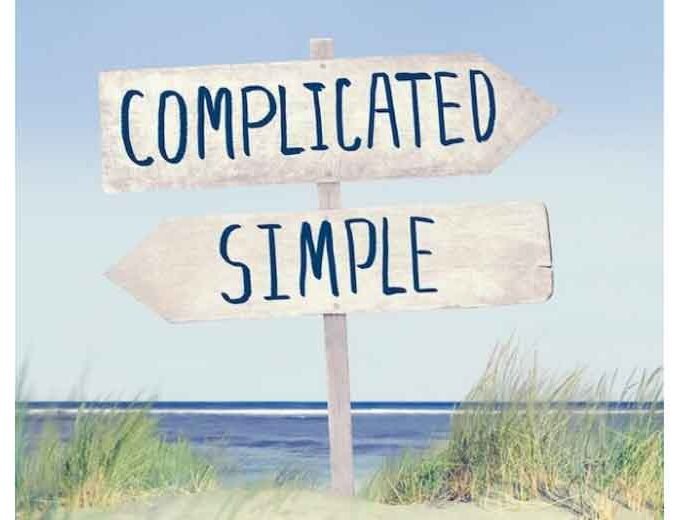In the realm of student assessments, the concept of authentic assessment emerges as a potent paradigm shift. Unlike traditional testing methods that often emphasize rote memorization, authentic assessments are designed to empower students by preparing them for the practical skills and knowledge they need to thrive in their future careers. These assessments foster deeper, more meaningful learning experiences and nurture the growth of essential competencies. In this exploration, we delve into the essence of authentic assessment, its stark departure from conventional evaluation practices, and the compelling reasons why educators should embrace this transformative approach.
Defining Authentic Assessment
Authentic assessment is an approach that evaluates students by requiring them to apply their knowledge and skills to real-world situations. Instead of relying on rote memorization, authentic assessments mirror the tasks and challenges students will encounter in their future professions. These assessments focus on the practical application of knowledge, allowing students to showcase their abilities in contexts that closely resemble their future work environments.
Traditional Assessment vs. Authentic Assessment
Traditional assessments, such as multiple-choice quizzes and standardized tests, are common in today’s education system. While they provide a snapshot of a student’s understanding of a subject at a specific moment, they fall short when it comes to assessing practical skills and real-world application. Students may cram for these tests, regurgitate information, and promptly forget it afterward. In contrast, authentic assessments challenge students to demonstrate their learning through activities like debates, group projects, presentations, experiments, and other hands-on tasks. These assessments require students to apply what they’ve learned in a way that mirrors their future professional responsibilities.
The Advantages of Authentic Assessment
Authentic assessments offer several key advantages over traditional methods. They are better suited to evaluate higher-order thinking skills like critical thinking, communication, collaboration, and problem-solving. Traditional assessments often incentivize short-term memorization, whereas authentic assessments promote deeper engagement and facilitate the development of practical skills. According to the NACE Job Outlook Study, 57% of employers believe recent graduates lack proficiency in these essential skills, partly due to conventional learning and evaluation methods. Authentic assessments provide a more accurate representation of a student’s ability to apply knowledge to real-world scenarios, ensuring they retain what they’ve learned and can use it effectively in their careers.
Addressing Challenges
While authentic assessments offer numerous benefits, they do present some challenges. Grading these assessments can be more complex because they involve evaluating real-world performance rather than simply marking correct answers. Instructors must develop their grading criteria and methods to assess how well students grasp concepts in practical contexts. Additionally, authentic assessments often rely on technology, such as video, to allow students to showcase their skills remotely. Video-based assessments, for instance, enable instructors to evaluate students’ performance in settings like labs or classrooms where they may be teaching. Using video, instructors can provide personalized, time-coded feedback to support ongoing learning and mastery.
Examples of Authentic Assessment
Authentic assessments come in various forms, all designed to assess a student’s ability to apply their knowledge and skills to real-world situations. For instance, a business student might deliver a speech or lead a class presentation, with self, peer, and instructor reviews evaluating their communication skills. Another example involves using video to create presentations on a specific subject, requiring students to demonstrate their research and presentation skills. Regardless of the assessment type, the focus is on students showcasing their abilities in a way that aligns with real-world demands.
In summary, authentic assessment goes beyond traditional testing to evaluate a student’s ability to apply what they’ve learned in ways relevant to their future careers. These assessments provide students with practical skills and enhance their readiness for the workforce. While they present unique challenges, the benefits of authentic assessment are clear: promoting meaningful learning, developing essential skills, and ensuring academic integrity. By embracing authentic assessment methods, educators can better prepare students for success in their chosen fields.
















